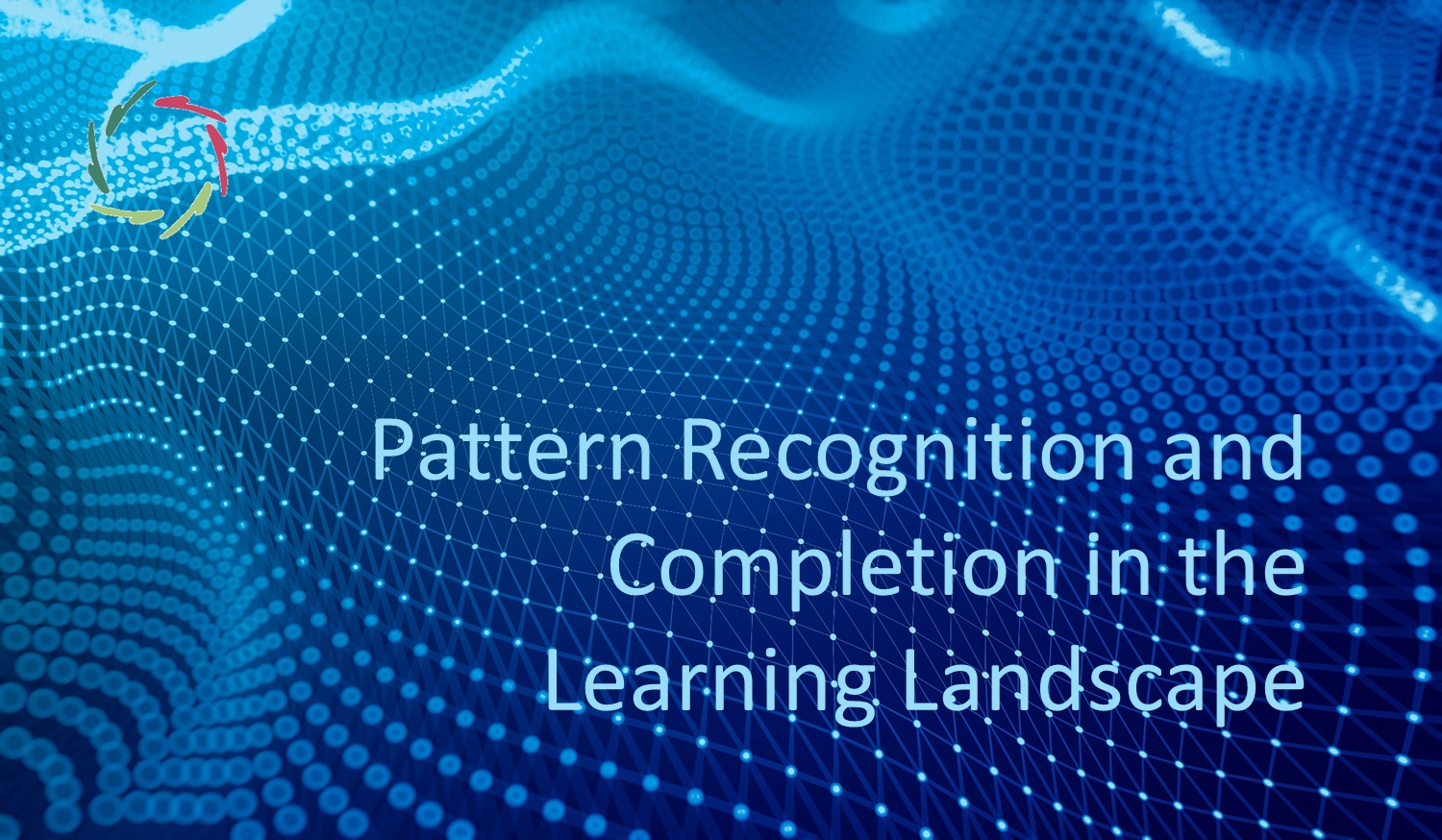The Tunnel and the End

There’s light at the end of every tunnel, obviously, since otherwise, it wouldn’t be one. But some tunnels are naturally very long.
AURELIS as a total project is about such a tunnel, as is anything that is radically oriented to depth.
Long, deep tunnels can frighten people.
Some are so frightened they never enter the longest one — a pity since the light at that end shines, dare I say, brighter than any other.
Also, this longest tunnel itself is especially interesting because both the inner darkness and the light are reflections of You.
This is a voyage that needs to be taken.
The long tunnel cannot be broken down into smaller tunnels. Small tunnels would lead … nowhere.
People searching for interesting lights often find small tunnels that turn into caves, lit by faint artificial lights, religious icons, and various shadow plays. Many stay there for the rest of their lives, considering themselves lucky.
Are they?
Others keep choosing small tunnels with visible lights at the end from the beginning.
That’s perfectly fine, and in many situations, it’s the best approach. It may be more efficient to take four small tunnels than a longer one with the same end result.
But in the context of human depth, small tunnels won’t suffice. They can be detrimental, giving a semblance of what isn’t there or, worse, producing results the world cannot sustain.
For true depth, the long tunnel must be taken.
There’s no way around this. Therefore, distinguishing between short and long tunnels is essential. An experienced guide is crucial ― for instance, to ensure people are not led where they aren’t ready to go.
This additionally underscores the need for Lisa as an experienced guide to help individuals navigate their inner landscapes, making the journey more accessible and feasible for many.
Towards the future
One way or another, eventually, the long tunnel needs to be taken by many and with good guidance. Failing to do so, the past’s and present mayhem is but a small indication of what’s to come. We cannot afford to stay on the surface; doing so would make us like gods in the underworld.
Just look at humanity’s big troubles nowadays. They won’t resolve themselves in the future. This highlights the societal relevance of connecting personal growth with broader global issues.
The AURELIS/Lisa aim is to help.
Nothing can do it for you. It’s up to you, but you deserve support. It’s a basic human right to receive help with this fundamental human goal.
Therefore, we need those who dare to take the journey like early explorers, without seeing light at the tunnel’s end. We also need many who allow themselves to be guided with trust.
Eventually, there isn’t much difference.
However, if everyone remains anxiously on this side of the mountain, things will get increasingly – very – nasty for millions if not billions.
Are You Ready for the Challenge?
Embarking on this journey requires courage and trust. Trust in the process, trust in the guidance provided, and most importantly, trust in yourself. The tunnel may be daunting, and the darkness may seem overwhelming, but it’s worth every step. It’s within this uncertainty that true growth happens.
Moreover, it’s not just about personal enlightenment but about creating a ripple effect that touches every aspect of life — from how we treat each other to how we address global challenges.


